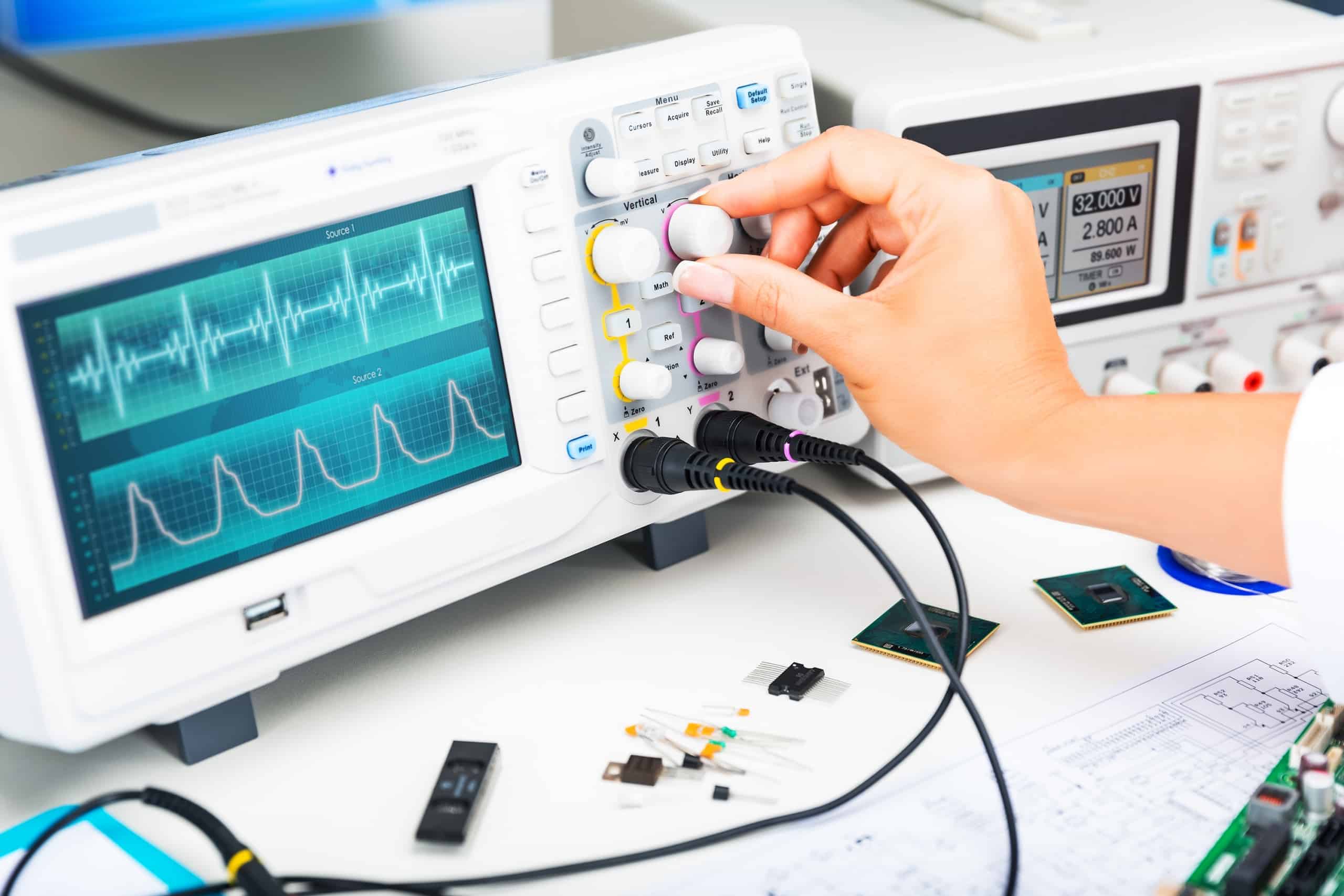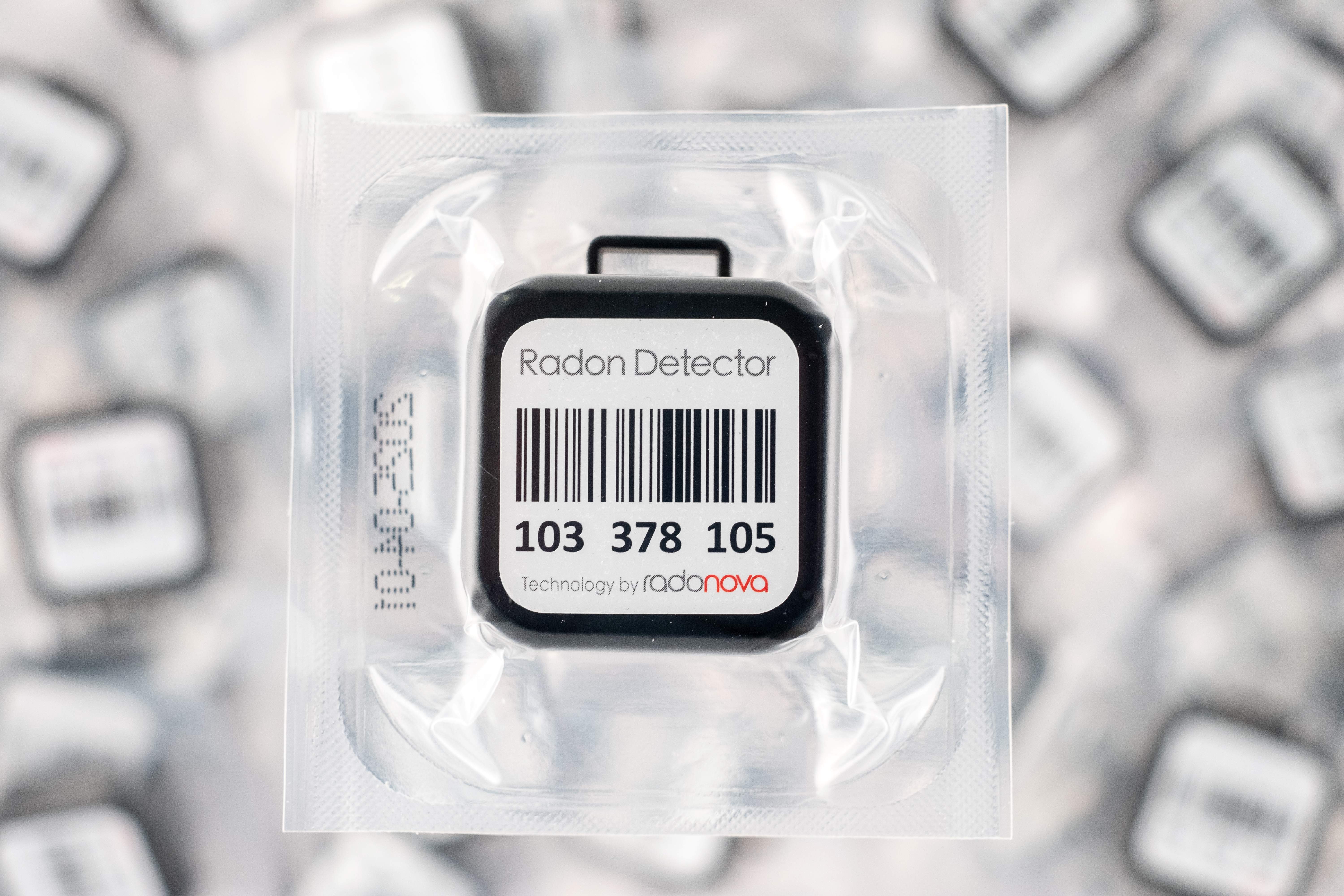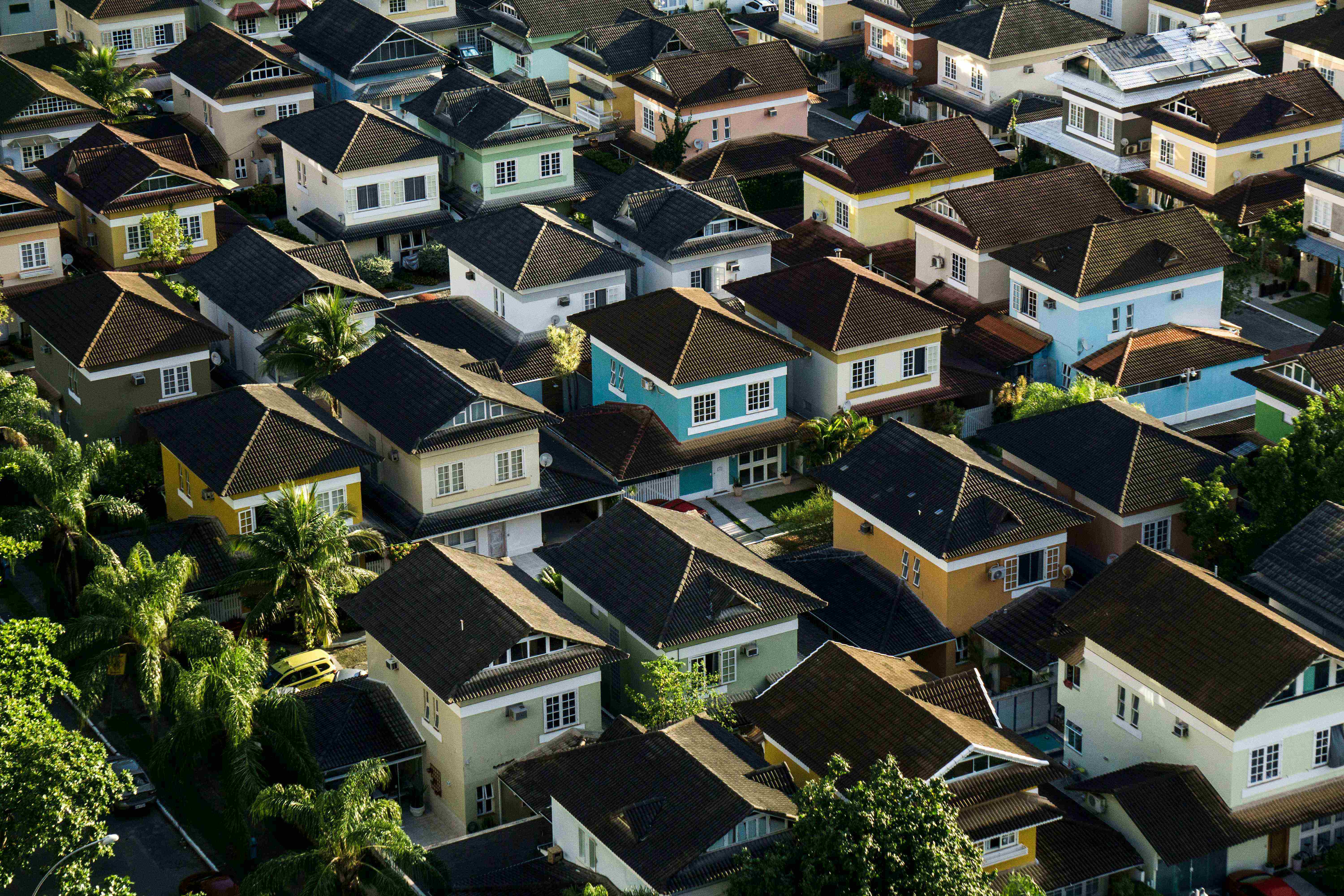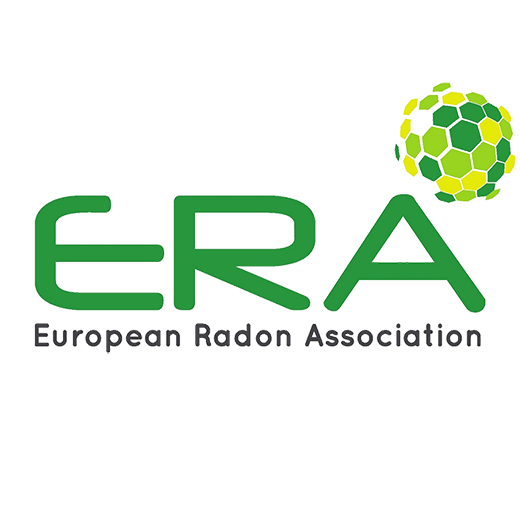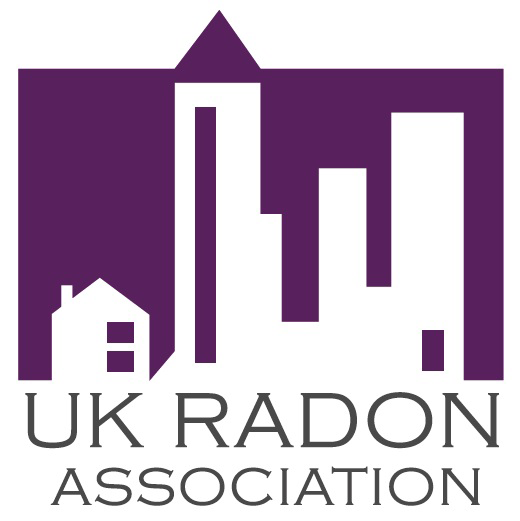In many countries, there is a requirement that a radon instrument should be calibrated once a year. This is important as many instruments lack the functionality to determine whether it is providing accurate results and working correctly.
Why calibrate?
Radon is a radioactive gas that is formed naturally when the uranium-238 isotope decomposes. The radon gas decays and turns into radon daughters. Radon daughters are radioactive metal atoms that get stuck in our lungs when inhaled. The radiation emitted from radon daughters is proven to cause damage to the cells in our airways and lungs.
Professional instruments, such as ATMOS, measure the alpha radiation from radon and its radon daughters. Using ATMOS you are able to analyse the time distribution of radon content and its energy spectrum. By doing this, users can assess and differentiate which alpha radiation comes from the decay of the radon gas versus radon daughters. However, this is not possible using less sophisticated radon instruments that measure alpha radiation from all radon gas progenies, but are not able to separate them. The only way to know for sure that instruments are measuring correctly is through function tests using various parameters such as temperature, moisture content and air pressure, as well as calibration against a known radon source in a calibration chamber.
Function check before calibration
Before performing a calibration of an instrument, it is important to perform a service check. Otherwise, a calibration can be a waste of money. A background measurement is important since most radon instruments cannot separate the persistent contamination that occurs when the alpha-emitting decay product Po-210 builds up after a long period of use. This means that the effect of the background will be different depending on the radon content, if it can´t be subtracted in the instrument.
Make demands on your supplier
Some cheaper instruments are not designed to be individually calibrated. This means that in practice you have to buy a new instrument every year if want to obtain accurate results. Obviously, this does not provide value for money. Therefore, always request a calibration certificate from the manufacturer or ask your supplier for a certified calibration before delivery. As a radon consultant, its best practice to have an annual calibration of all instruments. If you are a property owner and hire a radon consultant, demand to see the latest calibration certificate for the instruments which are being used. It is also important to check that the supplier you buy the instruments from has a relationship with an organization that can manage the calibration process and any related services. Unfortunately, this is not always the case. Radonova offers a complete function test in connection with service control and calibration. We also offer a security guarantee which means that your instrument is not only calibrated, but also has the functionality expected of the unit in the entire measuring range.
– Working with radon measurement requires precision and quality at all levels. Unfortunately, sometimes the calibration process is a neglected area. In the long run this risks the validity of the measurement results and puts human health at risk. Given that only a calibrated instrument will provide reliable results, we urge everyone who works with radon instruments to maintain a quality standard and regularly service check and calibrate, comments Karl Nilsson, CEO of Radonova Laboratories.
